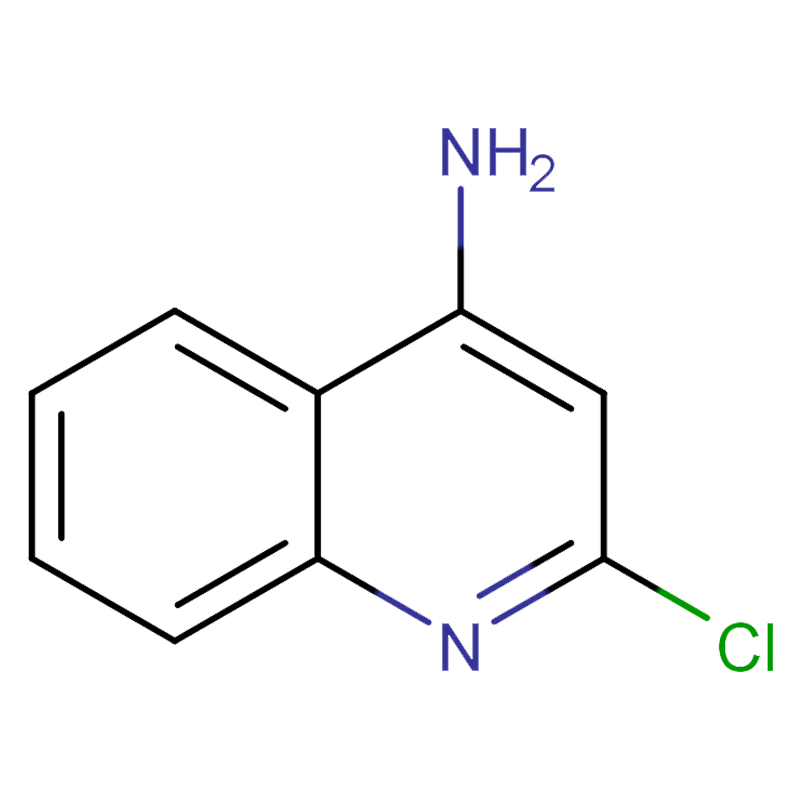Cagrilintide is a long-acting analogue of amylin, a naturally occurring peptide that is released in conjunction with insulin. Cagrilintide has shown promise in animal trials as a treatment for obesity and type 2 diabetes.
1 Box – 10 vials
$600.00 – $1,113.00
Cagrilintide is a long-acting analogue of amylin, a naturally occurring peptide that is released in conjunction with insulin. Cagrilintide has shown promise in animal trials as a treatment for obesity and type 2 diabetes.
1 Box – 10 vials
Cagrilintide is a long-acting analogue of amylin, a naturally occurring peptide that is released in conjunction with insulin. Cagrilintide has shown promise in animal trials as a treatment for obesity and type 2 diabetes. It has been studied for benefits not just in type 2 diabetes, but for liver damage, alcohol-related liver disease, and heart/blood vessel disease. There is some speculation about the role of this peptide in Alzheimer’s disease as well, but no research has been published in that particular sub-domain, yet. Many trials, however, have looked at the combination of cagrilintide and semaglutide in the treatment of obesity and type 2 diabetes. The two proteins appear to work synergistically to provide more robust and more permanent weight loss effects.
Cagrilintide Origin: What Is Amylin?
Amylin (also called islet amyloid polypeptide or IAPP) is a natural peptide that is released along with insulin from beta cells in the pancreas. Research shows that it is an important signaling molecule in the brain where it produces feelings of satiety. Amylin is released as a propeptide that is 89 amino acids in length at a ratio of about 100:1 to insulin. Like insulin, amylin is processed to produce a smaller active molecule that is just 37 amino acids in length.
Amylin has several effects including slowing gastric emptying, promoting feelings of satiety in the brain, and preventing spikes in glucose levels following food consumption. Amylin basically slows down the rise in blood sugar levels following eating. This helps to control the utilization of sugar and allows it to be more readily processed into an energy source rather than being converted to fat.
Amylin has also been shown to act on bone metabolism and has both structural and functional relationships with calcitonin and CGRP. All these peptides help to reduce levels of calcium in the blood by stimulating its uptake in bone. It may also affect the rate of calcium loss in the kidneys, though to what degree this is significant is currently unclear[2]. In short, amylin can be thought of as increasing the deposition rates of bone or as protecting bone against degradation.
In animal trials where the amylin gene is silenced, the result is a reduction of appetite and lower calorie intake. Amylin is degraded by the same enzymes that degrade insulin[3]. Cagrilintide, however, is designed to be resistant to these enzymes, giving it a longer half-life and thus more potent and long-lived effects.
Though theoretical at this point, it is worth pointing out that amylin has been linked to the amyloid beta plaques observed in Alzheimer’s disease. The long and short of it is that too much amylin occurs in conjunctions with insulin resistance and diabetes. Because amylin is self-dimerizing, too much of it leads to fibril formation. It is thought that the interaction of these fibrils with beta amyloid in the brain may be the reason that amyloid plaques develop, though a causal link remains elusive.
| Product name | cagrilintide |  |
| CAS NO | 1415456-99-3 | |
| Quantity | 5mg, 10mg | |
| Batch NO | Op-10205C |
All of our products are manufactured using the Lyophilization (Freeze Drying) process, which ensures that our products remain 100% stable for shipping for up to 3-4 months.
Once the peptides are reconstituted (mixed with bacteriostatic water), they must be stored in the fridge to maintain stability. After reconstitution, the peptides will remain stable for up to 30 days.
Lyophilization is a unique dehydration process, also known as cryodesiccation, where the peptides are frozen and then subjected to low pressure. This causes the water in the peptide vial to sublimate directly from solid to gas, leaving behind a stable, crystalline white structure known as lyophilized peptide. The puffy white powder can be stored at room temperature until you’re ready to reconstitute it with bacteriostatic water.
Once peptides have been received, it is imperative that they are kept cold and away from light. If the peptides will be used immediately, or in the next several days, weeks or months, short-term refrigeration under 4C (39F) is generally acceptable. Lyophilized peptides are usually stable at room temperatures for several weeks or more, so if they will be utilized within weeks or months such storage is typically adequate.
However, for longer term storage (several months to years) it is more preferable to store peptides in a freezer at -80C (-112F). When storing peptides for months or even years, freezing is optimal in order to preserve the peptide’s stability.
| Specification | 5mg *10 vials, 10mg*10vials |
|---|
Login
Reviews
There are no reviews yet.